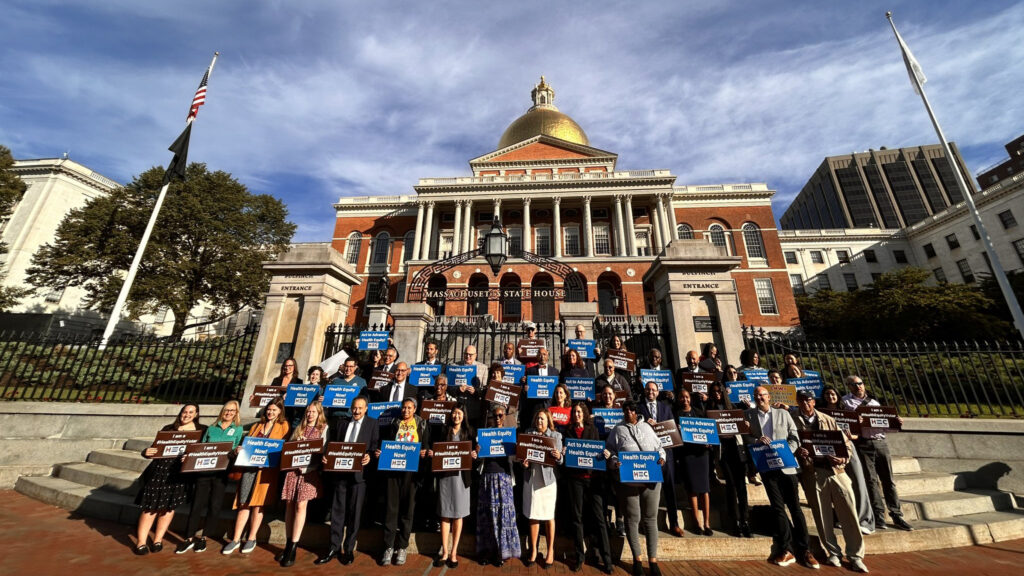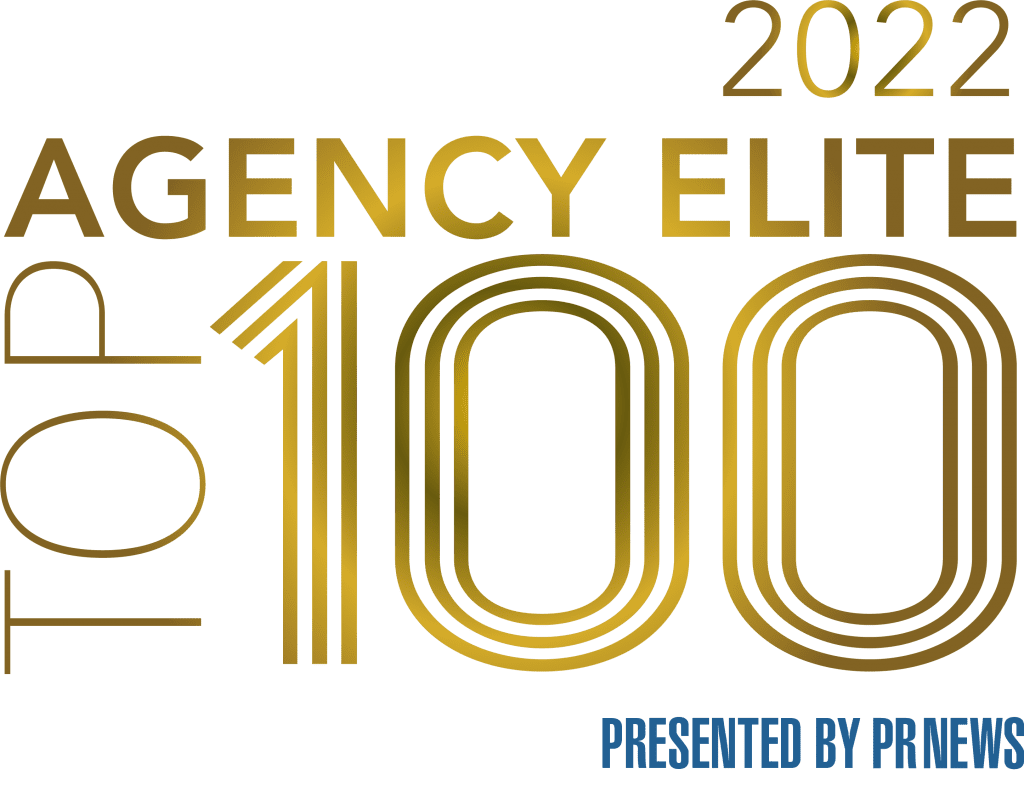
For the last several months, we’ve witnessed historic events in the 2024 campaign for the country’s next President. We’ve been introduced to new candidates, messaging, and policy platforms and seen coverage of party conventions through every type of media platform. The sprint to November is at full speed.
While it’s easy to get swept up in national storylines and policy proposals, we must not lose sight of what’s happening—or not happening—in our own backyards and ensure that we’re still reaching the constituencies that matter most to your organizations’ objectives.
At midnight on August 1, the formal 2023-2024 Massachusetts’ legislative session ended with mixed results. While lawmakers were able to reach agreement and pass laws to address critical needs in housing, equity, education accessibility, and quality of life, several key bills aimed at advancing clean energy initiatives, boosting economic development, and improving healthcare access failed to pass.
Whether celebrating a win or regrouping on next steps, this is not a time for complacency, but rather an opportunity for organizations to reflect and strategize. The passed bills offer a clear path forward through new funding, programs, or regulations. On the other hand, the failure to pass bills reminds us of the complex challenges facing policymakers and the need for sustained advocacy and engagement from those most impacted.
Here’s a snapshot of bills that were passed and those that did not reach the Governor’s desk.
Massachusetts Bills that Passed
- FY25 State Budget: Signed into law by Gov. Maura Healey after the start of the fiscal year on July 1, the FY25 budget is a 3.5% increase from the previous year. It includes funding for tuition-free community college for Massachusetts residents, free regional public transit, and making the Commonwealth Cares for Children (C3) grant program permanent.
- Affordable Homes Act: The $5.1 billion bond bill significantly addresses the state’s housing crisis. It increases production and density by including by-right accessory dwelling unit regulations and tax credits to incentivize office-to-residential conversions and low-to-middle-income housing development.
- Wage Equity and Transparency: This law requires employers to disclose salary ranges in job postings and to employees. It is a step forward to achieving pay equity, tackling gender and racial inequities in the workplace, and a successful example of government, advocates, and the business community working together.
Massachusetts Bills that Did Not Pass
- Clean Energy: This bill would have accelerated the state’s transition to renewable energy sources through siting, permitting, and procurement reform. It would have also set more ambitious targets for reducing greenhouse gas emissions and provide incentives for electric vehicle adoption.
- Economic Development: The Mass Leads Act was poised to inject billions of dollars into the state’s economy, focusing on clean energy initiatives, life sciences, and the emerging AI sector. This proposal aimed to create thousands of jobs, accelerate the transition to renewable energy sources, and modernize infrastructure across Massachusetts.
- Healthcare: Both the House and Senate passed healthcare bills designed to address longstanding issues in the state’s healthcare system, including reforming hospital oversight, expanding access to mental health services, reducing prescription drug costs, and addressing racial disparities in healthcare.
This outcome has left many stakeholders and policy experts questioning the long-term implications for the state’s progress in these critical areas. Although lawmakers hold informal sessions through the end of the year, significant legislation is unlikely to pass due to procedural rules, and legislation will need to be re-filed at the beginning of the 2025-2026 legislative session.
As we look toward the next legislative session amid a Presidential election cycle and ever-changing media landscape, the path forward requires persistence and creativity. Advocates can use this time to educate the public and lawmakers about the urgency of these issues to drive the necessary groundswell of support that could influence future legislative sessions. Organizations should consider leveraging digital platforms and grassroots organizing to keep these issues at the forefront of public discourse.
By maintaining momentum and continuing to build coalitions, advocates can ensure that they are well-positioned to push for meaningful change when the next legislative session begins.
Strategic Public Affairs Support
Don’t watch and wait. Make sure you lead the conversation. Contact our public affairs team for support on messaging, stakeholder outreach, and community engagement.
Interested in more public affairs updates? Subscribe to Castle communications to receive the Lit Drop, bringing nuanced insights into what is moving the needle across New England and on Capitol Hill.




















